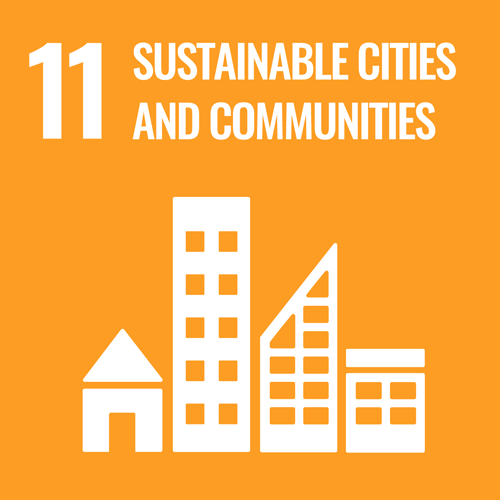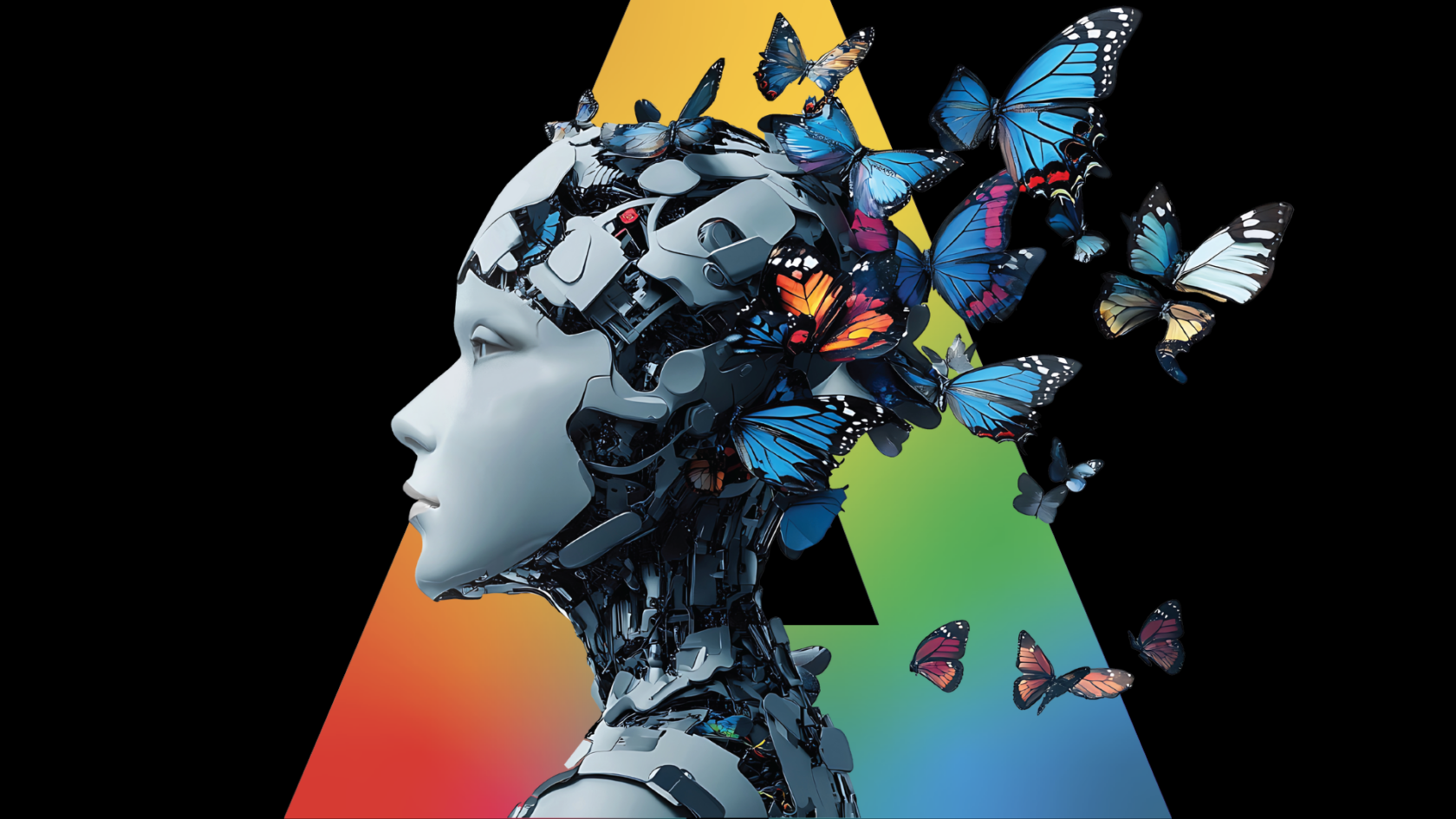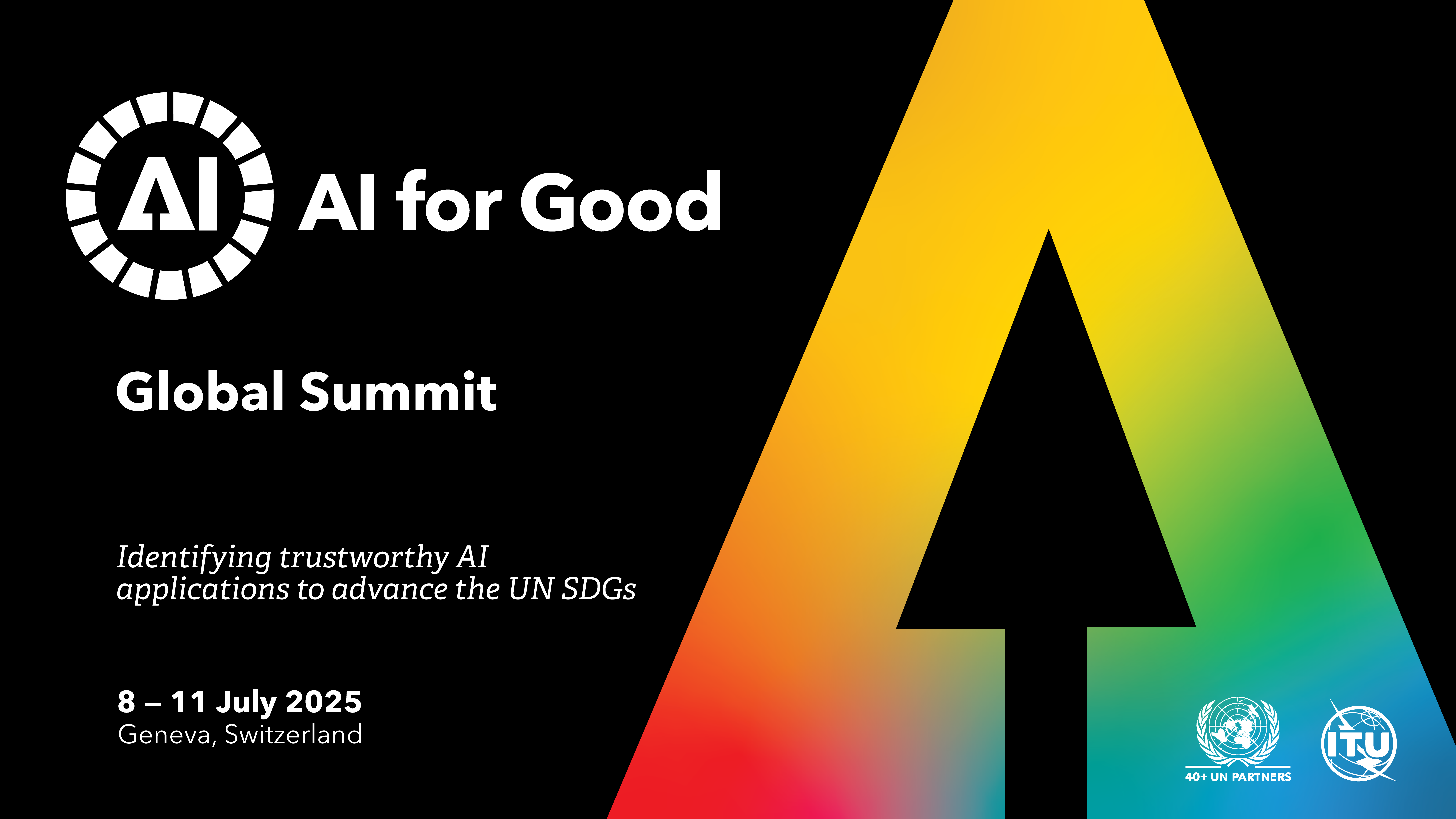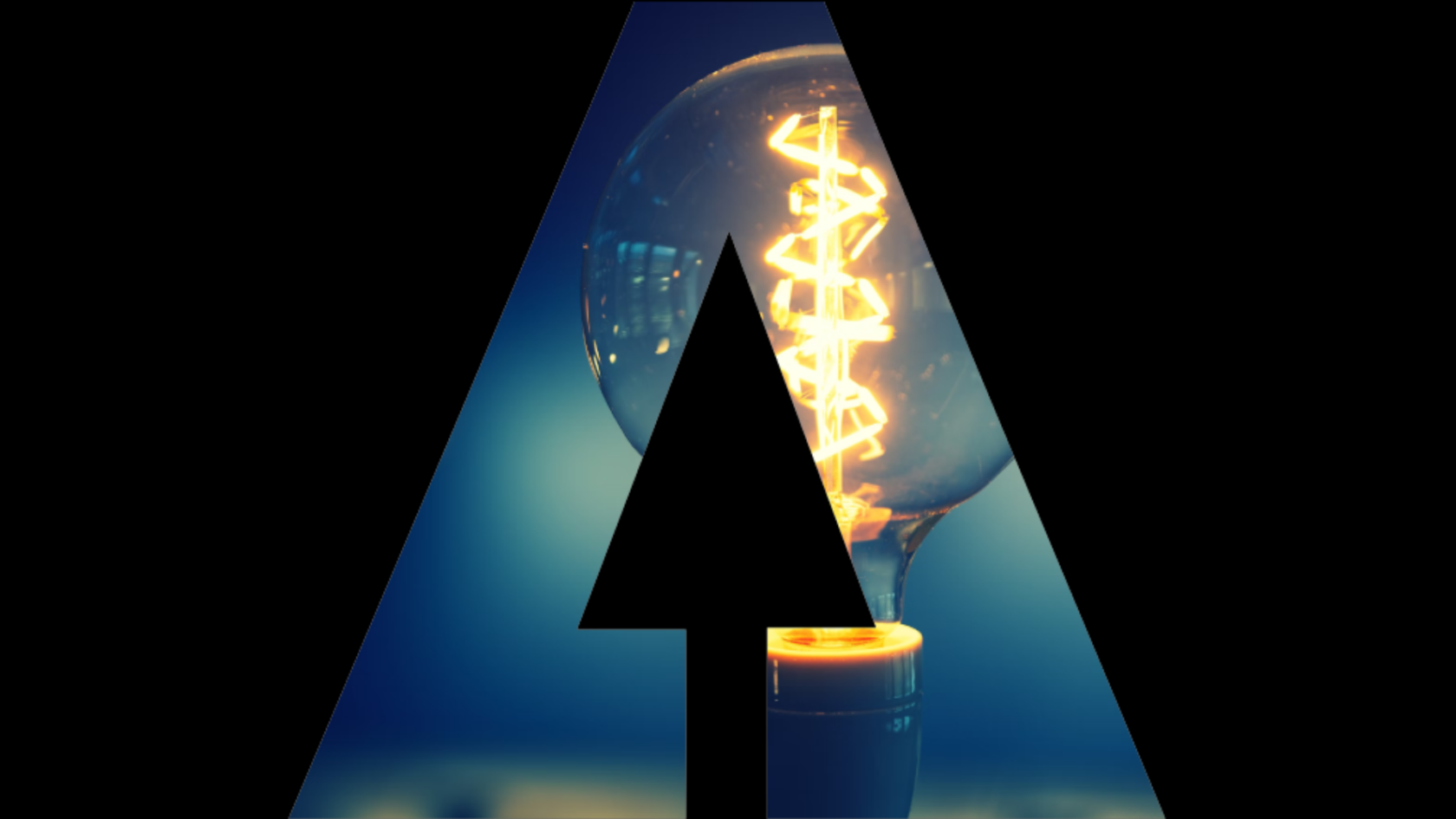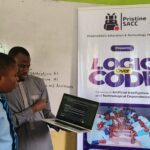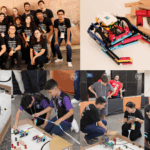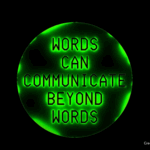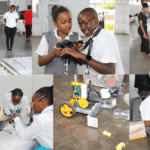The Georgia Institute of Technology is an Academia Member of ITU. The university’s Center for the Development and Application of Internet of Things Technologies (CDAIT) recently released a new paper titled “Foundational Research in Integrated Building Internet of Things (IoT) Data Standards.”
ITU News spoke with Alain Louchez, Managing Director of CDAIT, and Robert Kamp, Chair of the CDAIT Working Group on IoT Standards and Management, and Senior Director, Intel’s Internet of Things Group (IOTG) Market & Channels organization, about how data standards could help unlock the benefits of Smart Cities to improving people’s lives.
Why is data sharing important for IoT systems and what are the key challenges in this arena?
Alain Louchez:
The premise behind the Internet of Things (IoT), the “interconnection of intelligent things,” is, eventually, things, or better said “IoT endpoints,” regardless of their native use cases, will be able to locate, identify, use and communicate with each other smoothly.
As a result, we believe that the space will morph into a cluster of interrelated clusters. For this vision of universal interoperability to materialize, data will have to be shared, and current challenges, technological and non-technological, will have to be overcome.
“In order for the data to be understood, we need to develop a comprehensive unified ontology.” – Alain Louchez, Managing Director, CDAIT
We cannot overemphasize the importance of security and privacy. However, beyond these obvious hurdles, we keep seeing that “bridging with the past”, i.e., retrofitting and integrating legacy systems and equipment, and “future-proofing”, i.e., ensuring that the new IoT solutions stay relevant in the years ahead, remain key obstacles toward IoT adoption.
Robert Kamp:
Applications now run on the edge — the demarcation point between the computing and physical worlds, i.e., the network entry or data source, cloud and mobile environments — and the increasing scale requires efficient use of available computing and storage resources. With a multitude of edge devices such as radio frequency identification device (RFID) tags, sensors, actuators, wearables, and other interfaces of increasing complexity, creating the data, the combination of cloud and on-premises data stores will proliferate.
Data is the value behind all of IoT. As the technology advances, that is a constant. For example, new Artificial Intelligence (AI) use cases in IoT will drive much larger volumes of data.
RELATED: The future of the Internet of Things will be ‘EPIC’
While the timely convergence of 5G, AI and IoT is about to frame a newer and richer communication paradigm based on high-bandwidth, reduced latency, ultra-reliable connectivity, and distributed intelligence, inherent network delay (no matter how dramatically it is reduced) will push computing and processing closer to the interface with the physical world, increasing the need for stateful (as opposed to stateless) configurations at the edge, where systems “remember” what they’ve done before.
As a result, we anticipate a renewed interest in related standards to ensure the seamless flow of data between systems (Edge-to-Edge).
How can data standards help overcome these challenges?
Louchez:
This integration will undoubtedly be facilitated by standards, i.e., the lingua franca that seamlessly bridges various specific markets and applications, and helps handle heterogeneous data.
For starters, in order for the data to be understood, we need to develop a comprehensive unified ontology (broadly defined as representation and definition of concepts and their relationships) that is adopted across the board.
RELATED: Regulation can help deliver on the promise of the digital economy
Although semantic interoperability is addressed and researched in various organizations, including ITU, developing an overarching ontology, including test methodologies, spanning diverse IoT vertical markets is still a work in progress.
Kamp:
Managing data is not a new problem or concept, and it has evolved significantly over the last three decades. The key is picking the right solution for the job and really understanding the dynamic nature of the data to architect it correctly.
Could you please provide an example of how a more integrated IoT data framework could improve people’s lives?
Louchez:
Health will be an important beneficiary of tighter integration. When data will be captured and moved securely, privately and seamlessly, wherever and whenever, between environment, providers (physicians, hospitals, pharmacies, drug manufacturers, etc.) and patients, care will be optimized.
RELATED: How ITU supports Smart Cities in the Asia-Pacific region and beyond
Kamp:
As many new use cases across all verticals become available, they also become more affordable. This alone will help broaden the reach and thus impact more people.
What are the next steps to realizing the benefits of Smart Cities?
Louchez:
Smart Cities are more of a journey than a destination. Putting the citizens at the center of the deployment is an essential condition for success. We suggest using a Design Thinking approach where the focus is on the solution rather than the technology, and moving prudently through incremental stages.
Kamp:
Smart Cities are an aggregation of technologies and use cases, all designed to improve the life and well-being of people. In order to realize the many benefits Smart City deployments can offer, from safer streets to cleaner air to smoother traffic flows and more, city managers need to think big. The potential is enormous.
However, the key is to get started somewhere, and it’s fine to start small, but then to move quickly to implement new and high-impact solutions.

How is ITU membership valuable for the Georgia Institute of Technology and how are you looking forward to working with ITU on IoT issues in the future?
Louchez:
Georgia Tech is an academic member of ITU. We signed a Memorandum of Understanding with ITU in 2015 “for the purpose of monitoring global activities with the respect to the capabilities of IoT technologies.” Over time, we have exchanged information regarding ongoing work and activities.
We are closely following in particular the work of ITU-T Study Group 20 on Internet of Things, Smart Cities and communities, which is a critical player in the IoT standards arena. Our goal is to strengthen our collaboration with ITU in the near future.
Views expressed in this article do not necessarily reflect those of ITU.







